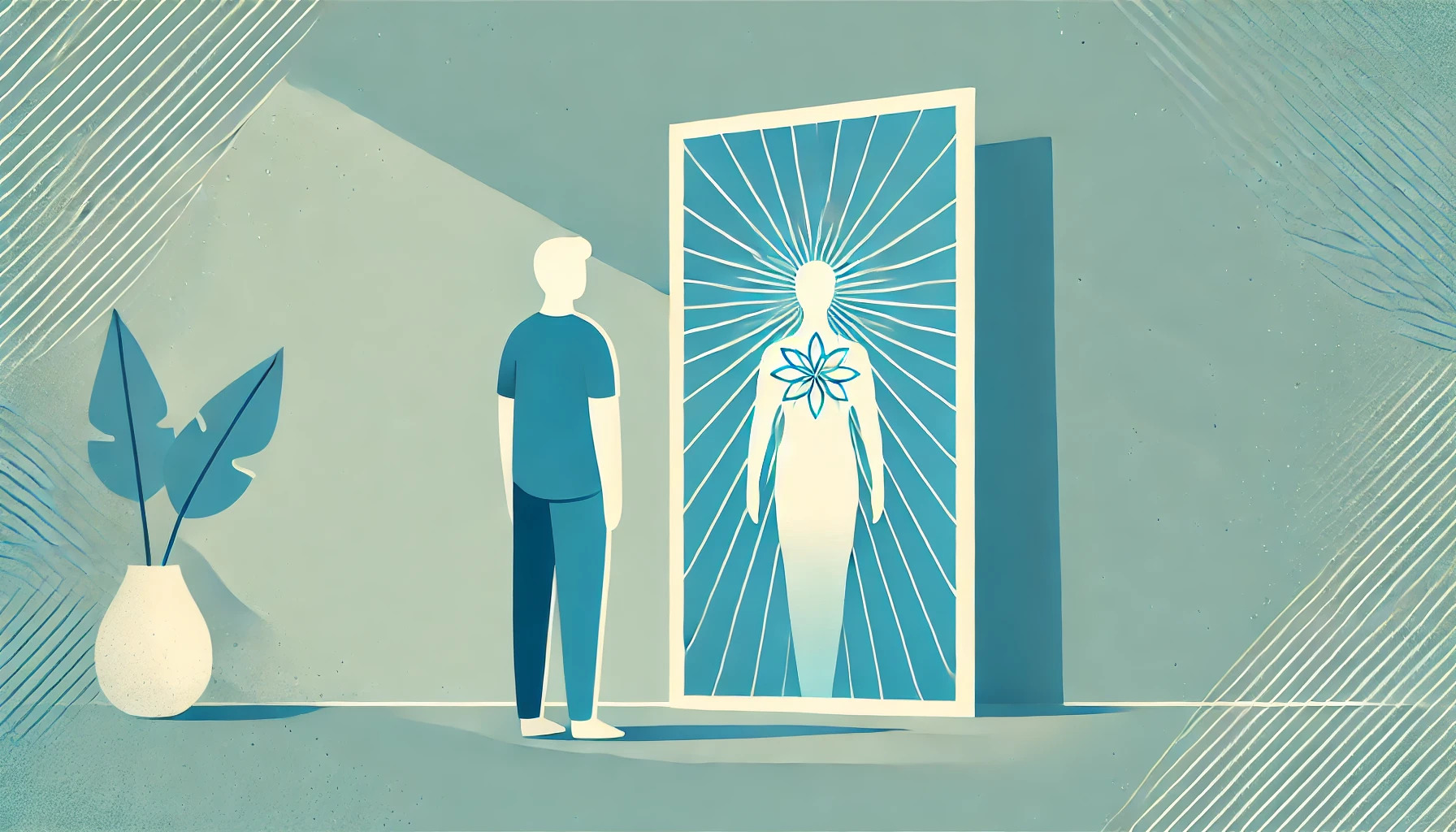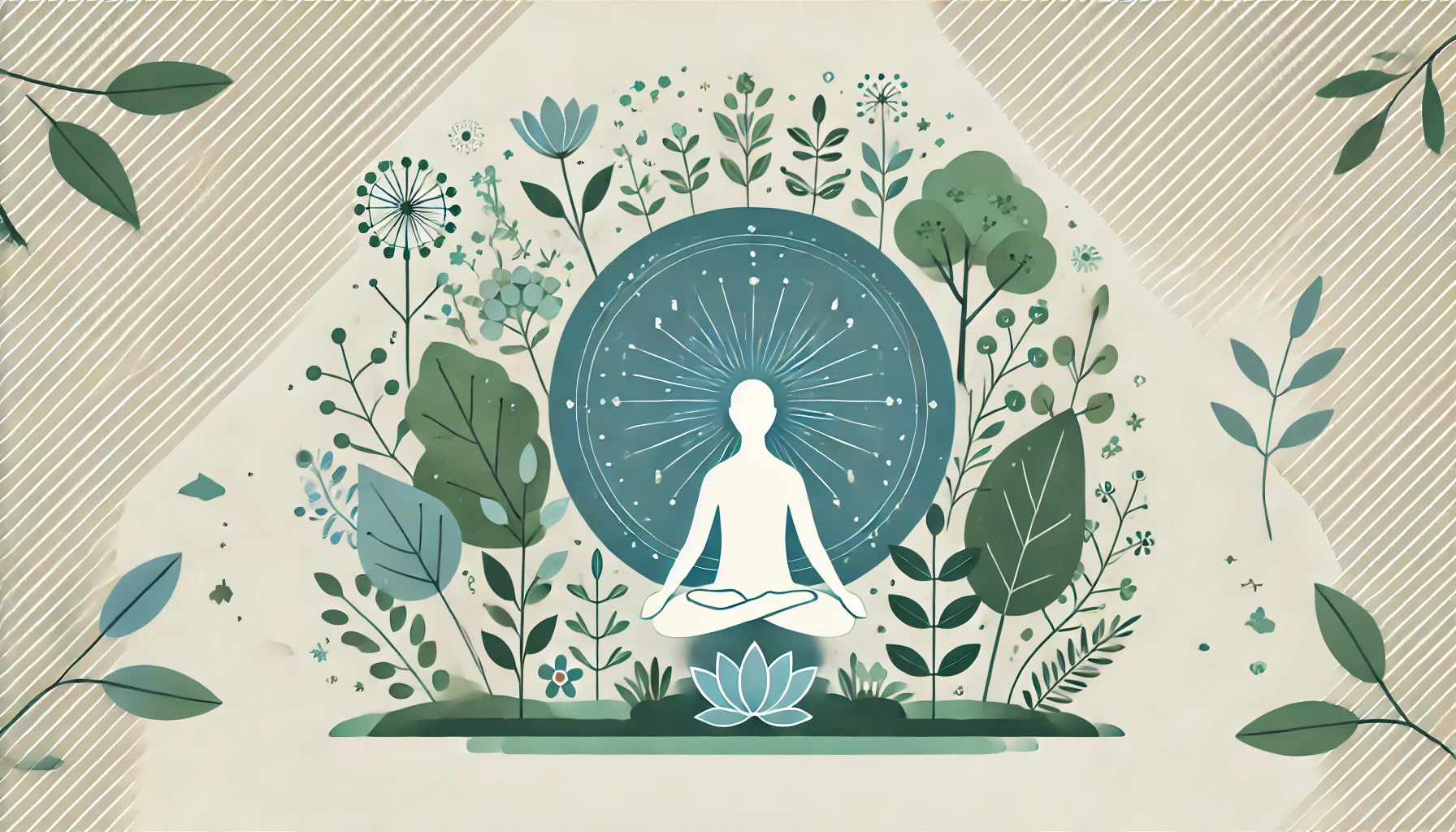In the tapestry of human relationships, the threads of blame and forgiveness are woven tightly together. These two powerful forces can either tear apart or mend the bonds we share with others. Param Gurudev, in his enlightening discourses, sheds light on the profound impact of these emotions on our lives. His teachings offer invaluable guidance on navigating the complexities of blame and embracing the transformative power of forgiveness. As we delve into his wisdom, we uncover the path to inner peace and resilience.
Understanding the Blame Game

Blame is a common response to life’s challenges, often directed towards others for our misfortunes. Param Gurudev enlightens us on the importance of understanding and managing this tendency, particularly during the sacred period of Paryushan. This discourse delves into the destructive nature of blame and the liberating power of forgiveness.
In familial settings, the blame game can create a cycle of negativity and resentment. A father may blame his children for his unhappiness, while the children might blame their mother for not supporting them enough. This endless cycle leads to a breakdown in relationships, fostering an environment of conflict and dissatisfaction.
The Roots of Blame

Param Gurudev emphasises that this tendency to blame stems from a lack of self-awareness and personal responsibility. When we fail to recognize our own faults and shortcomings, we project them onto others. This projection not only harms our relationships but also hinders our spiritual growth. By taking responsibility for our actions and understanding our role in our problems, we can break free from this cycle.
Blame often arises from a desire to deflect attention away from our own mistakes and shortcomings. It is easier to point fingers at others than to confront our own flaws. However, this avoidance only perpetuates the cycle of negativity, preventing us from achieving true personal growth.
The Power of Self-Awareness

Self-awareness is crucial in this journey. It requires us to look inward and acknowledge our mistakes and imperfections. This process can be challenging, as it demands honesty and vulnerability. However, it is through this introspection that we can begin to transform our lives. By accepting our flaws, we pave the way for self-improvement and personal growth.
Self-awareness involves observing our thoughts, emotions, and behaviours without judgement. By doing so, we can identify patterns that contribute to our propensity to blame others. This practice helps us understand our triggers and reactions, allowing us to respond more thoughtfully and constructively in challenging situations.
Embracing Forgiveness

Forgiveness is another key aspect highlighted by Param Gurudev. Holding onto grudges and resentment only perpetuates our suffering. Forgiveness, on the other hand, liberates us from the past and allows us to move forward with a clean slate. It is an act of compassion, not just towards others but also towards ourselves. By forgiving, we release the negative emotions that weigh us down and open our hearts to positivity and peace.
Forgiveness is not about condoning wrong actions but about freeing ourselves from the emotional burden they create. It involves letting go of the desire for retribution and embracing empathy and understanding. This shift in perspective can lead to profound healing and reconciliation.
The Role of Spiritual Practice
Spiritual practice plays a vital role in cultivating these qualities. Meditation, for instance, helps us develop mindfulness and self-awareness. It allows us to observe our thoughts and emotions without judgement, fostering a deeper understanding of ourselves. Regular spiritual practice also instils discipline and resilience, helping us navigate life’s challenges with grace and composure.
During Paryushan, a time dedicated to self-reflection and spiritual growth, these teachings hold even greater significance. It is a period to introspect, seek forgiveness, and strengthen our resolve to lead a virtuous life. Param Gurudev encourages us to use this time to cleanse our minds of negativity and embrace a path of righteousness.
Practical Steps to Break the Cycle of Blame
- Acknowledge Your Role: Recognize your contribution to any conflict or issue. This self-awareness is the first step towards breaking the cycle of blame.
- Practice Mindfulness: Engage in regular mindfulness practices to become more aware of your thoughts and reactions. This can help you pause and reflect before blaming others.
- Communicate Effectively: Instead of accusing, express your feelings and concerns in a non-confrontational manner. This fosters understanding and resolution.
- Seek Forgiveness: If you have wronged someone, seek their forgiveness sincerely. This not only heals relationships but also sets a positive example.
- Forgive Others: Let go of grudges and practice empathy. Understand that everyone makes mistakes and that forgiveness can bring peace to both parties.
- Reflect Regularly: Dedicate time for self-reflection, especially during periods like Paryushan. Evaluate your actions, seek improvement, and renew your commitment to personal growth.
The Benefits of Letting Go of Blame
Letting go of blame and embracing forgiveness can lead to numerous benefits:
- Improved Relationships: By reducing conflicts and fostering understanding, relationships become stronger and more harmonious.
- Enhanced Emotional Well-being: Releasing negative emotions such as anger and resentment improves mental health and overall happiness.
- Spiritual Growth: Embracing these teachings aligns us with spiritual principles, leading to a more fulfilling and enlightened life.
- Personal Empowerment: Taking responsibility for our actions empowers us to make positive changes and lead a more purposeful life.
Forgiveness as a Path to Inner Peace

Forgiveness is a powerful tool that can transform our inner world. When we hold onto resentment, we are bound by the chains of the past. This prevents us from experiencing true peace and contentment. Forgiveness breaks these chains, allowing us to live in the present moment with a heart full of compassion and understanding.
Practising forgiveness involves several steps. First, we must acknowledge the hurt or injustice we have experienced. This involves facing our pain rather than suppressing it. Next, we must make a conscious decision to forgive, understanding that it is a gift we give to ourselves. Finally, we must cultivate empathy, trying to understand the perspective and motivations of those who have wronged us.
The Transformative Power of Meditation

Meditation is a cornerstone of spiritual practice that fosters self-awareness and forgiveness. Through meditation, we develop the ability to observe our thoughts and emotions without getting entangled in them. This detachment allows us to see situations more clearly and respond with wisdom rather than reactivity.
Regular meditation practice helps us cultivate a state of inner calm and equanimity. It enhances our capacity for empathy and compassion, making it easier to forgive others. Additionally, meditation strengthens our resilience, enabling us to face life’s challenges with greater composure and grace.
Paryushan: A Time for Reflection and Renewal
Paryushan is a sacred period dedicated to self-reflection, introspection, and spiritual renewal. During this time, Param Gurudev encourages us to engage in practices that cleanse our minds and hearts. This includes seeking forgiveness, performing acts of kindness, and deepening our spiritual practice.
The teachings of Paryushan remind us of the impermanence of life and the importance of living virtuously. It is a time to let go of past grievances, embrace forgiveness, and commit to personal growth. By doing so, we align ourselves with the principles of righteousness and compassion.
Practical Applications in Daily Life
The teachings of Param Gurudev are not just for Paryushan but for every day. Incorporating these principles into our daily lives can lead to profound transformations. Here are some practical ways to apply these teachings:
- Daily Meditation: Set aside time each day for meditation to cultivate mindfulness and self-awareness.
- Mindful Communication: Practice speaking and listening mindfully, with empathy and understanding.
- Acts of Kindness: Perform small acts of kindness regularly to foster a spirit of generosity and compassion.
- Gratitude Practice: Keep a gratitude journal to remind yourself of the positive aspects of your life and shift your focus away from negativity.
- Forgiveness Rituals: Create personal rituals for seeking and granting forgiveness to release past grievances and move forward with a lighter heart.
A Path to Lasting Peace and Happiness
In conclusion, Param Gurudev’s discourse on blame and forgiveness provides profound insights into overcoming life’s challenges. By taking responsibility for our actions, practising self-awareness, and embracing forgiveness, we can cultivate inner peace and resilience. These teachings are not just for Paryushan but for every day, guiding us towards a more fulfilling and harmonious life.
Blame and forgiveness are powerful concepts that shape our relationships and personal growth. Param Gurudev’s teachings offer valuable guidance on managing these aspects, emphasising the importance of self-awareness, personal responsibility, and spiritual practice. By embracing these principles, we can transform our lives and achieve lasting peace and happiness.
Conclusion:
Embrace the teachings of Param Gurudev to break free from the cycle of blame and cultivate a life of forgiveness and inner peace. Let these principles guide you towards personal growth and spiritual fulfilment, paving the way for harmonious relationships and lasting happiness.





